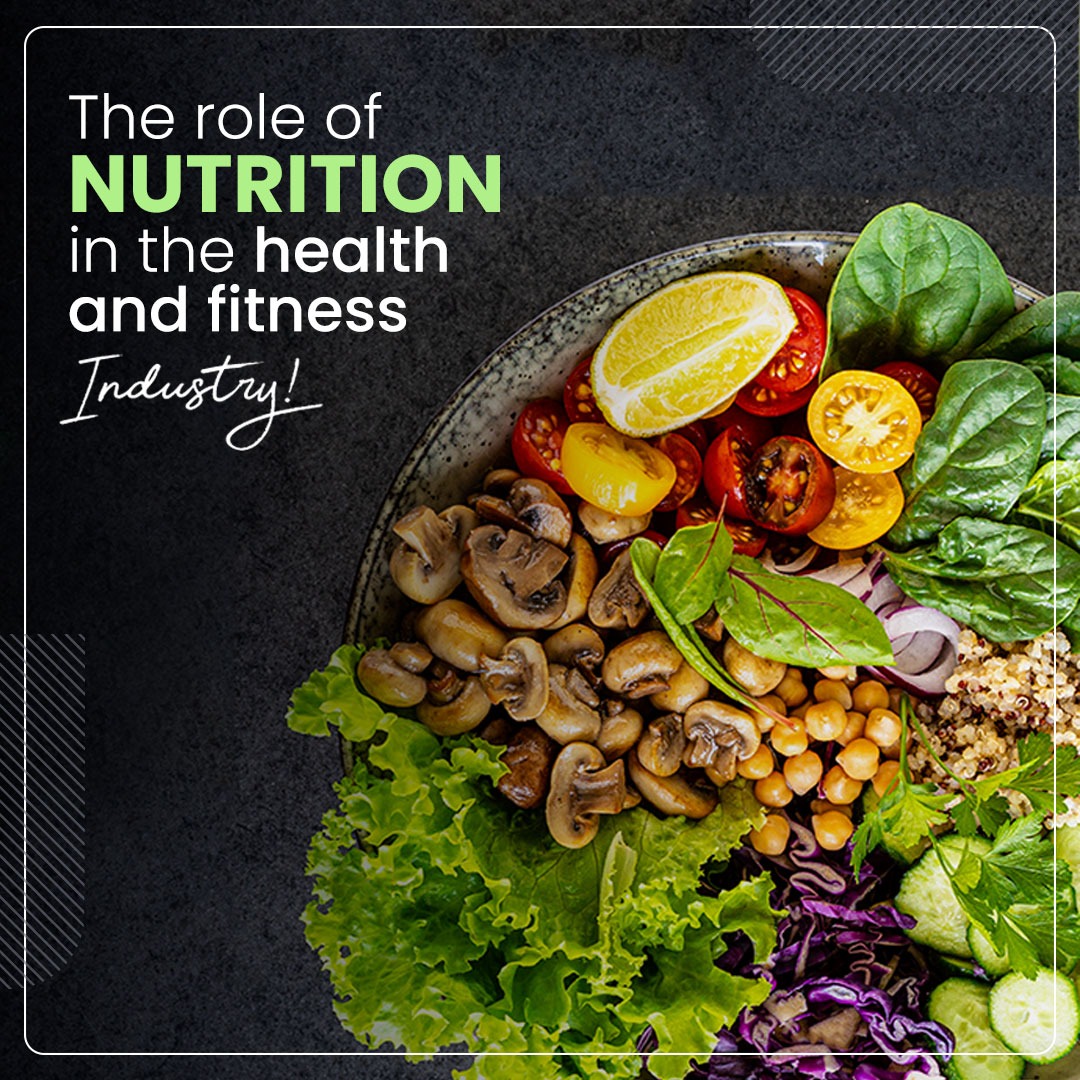Insightful Updates
Stay informed with the latest news and trends.
Fuel Your Gains: Nutrition Secrets Every Fitness Buff Should Know
Unlock the nutrition secrets that will supercharge your fitness journey and fuel your gains like never before! Discover the tips inside!
The Power of Protein: How Much Do You Really Need?
Protein plays a vital role in our overall health, serving as the building blocks of our cells, tissues, and organs. It is crucial for repairing and building muscle, producing enzymes and hormones, and supporting immune function. However, the question arises: how much protein do you really need? General recommendations for protein intake vary, but a common guideline is to consume about 0.8 grams of protein per kilogram of body weight for the average adult. This translates to approximately 46 grams per day for women and 56 grams for men. Factors such as age, activity level, and specific health goals can significantly influence these numbers.
For those who are physically active or aiming for muscle gain, protein requirements can be higher. Athletes and individuals engaged in regular strength training might benefit from consuming between 1.2 to 2.0 grams of protein per kilogram of body weight. Moreover, it’s important to spread protein intake throughout the day instead of consuming large amounts in one meal to maximize muscle synthesis and overall health. Incorporating a variety of protein sources, including lean meats, dairy, legumes, and plant-based options, can not only help meet these goals but also enhance overall nutrition. Understanding how much protein you really need allows for more tailored dietary choices, optimizing both performance and well-being.

Carbohydrates or Fats: What Should Fuel Your Workouts?
When it comes to fueling your workouts, the choice between carbohydrates and fats can significantly impact your performance and recovery. Carbohydrates are often regarded as the primary source of energy for high-intensity workouts because they break down quickly, providing quick bursts of energy when you need them the most. They are especially beneficial for activities such as sprinting, swimming, or cycling, where immediate energy output is crucial. On the other hand, fats play a vital role during prolonged, lower-intensity exercises. When your body is engaged in activities like distance running or hiking, it gradually shifts to using fat as a primary fuel source, which can help preserve glycogen stores and enhance endurance.
Ultimately, the choice between carbohydrates and fats should align with your fitness goals, workout intensity, and personal nutrition preferences. Many fitness enthusiasts benefit from a balanced diet that incorporates both macronutrients. For instance, adopting a periodized approach where you consume more carbohydrates before high-intensity workouts and focus on fats during active recovery days can optimize performance. Experimenting with different ratios and monitoring how your body responds will help you discover the best fuel for your unique workout regimen.
5 Essential Nutrients Every Fitness Enthusiast Should Prioritize
For every fitness enthusiast, prioritizing essential nutrients is crucial for optimal performance and recovery. The five key nutrients that should be on every fitness fan's radar include:
- Proteins: Essential for muscle repair and growth, proteins are the building blocks of your body. Ensure you're consuming enough protein from sources such as lean meats, fish, eggs, and plant-based options like lentils and quinoa.
- Carbohydrates: As the primary source of energy, carbohydrates are vital for fueling workouts. Focus on complex carbs like whole grains, fruits, and vegetables to sustain your energy levels during intense training sessions.
Moreover, don't overlook the importance of fats: healthy fats from sources such as avocados, nuts, and olive oil contribute to hormone regulation and overall health. Vitamins and Minerals also play a significant role in performance; vitamins such as C and D support immune function, while minerals like calcium and magnesium aid in muscle contraction and relaxation. Finally, adequate hydration is often underrated; water helps transport nutrients and regulates temperature during exercise, making it a non-negotiable component of your fitness nutrition plan.